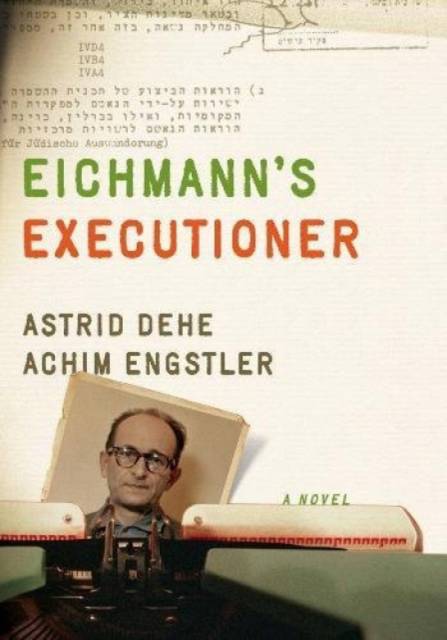
- Afhalen na 1 uur in een winkel met voorraad
- Gratis thuislevering in België vanaf € 30
- Ruim aanbod met 7 miljoen producten
- Afhalen na 1 uur in een winkel met voorraad
- Gratis thuislevering in België vanaf € 30
- Ruim aanbod met 7 miljoen producten
Zoeken
Omschrijving
This acclaimed novel imagining the life of Israeli soldier Shalom Nagar explores the legacy of the Holocaust: "A fascinating book that doesn't let you go" (Neue Deutschland, Germany). In May 1962, twenty-two men gathered in Jerusalem to decide by lot who would be Adolf Eichmann's executioner. These men had guarded the former Nazi SS lieutenant colonel during his imprisonment and trial, and with no trained executioners in Israel, it would fall to one of them to end Eichmann's life. Shalom Nagar, the only one among them who had asked not to participate, drew the short straw. Decades later, Nagar is living on the outskirts of Tel Aviv, haunted by his memory of Eichmann. He remembers watching him day and night, the way he ate, the way he slept--and the sound of the cord tensing around his neck. But as he tells and re-tells his story to anyone who will listen, he begins to doubt himself. When one of his friends, Moshe, reveals his link to Eichmann, Nagar is forced to reconsider everything he has ever believed about his past. In the tradition of postwar trauma literature that includes Günter Grass's The Tin Drum and Bernhard Schlink's The Reader, Eichmann's Executioner raises provocative questions about how we represent the past, and how those representations impinge upon the present. "Both curiously transparent and full of secrets, a simultaneously dense yet airy fabric of cryptic threads and references. . . . Nothing is gratuitous in this book, nothing coincidental; all is intricately interlaced." --Frankfurter Rundschau, Germany
Specificaties
Betrokkenen
- Auteur(s):
- Vertaler(s):
- Uitgeverij:
Inhoud
- Aantal bladzijden:
- 208
- Taal:
- Engels
Eigenschappen
- Productcode (EAN):
- 9781620973011
- Verschijningsdatum:
- 18/07/2017
- Uitvoering:
- Hardcover
- Formaat:
- Genaaid
- Afmetingen:
- 132 mm x 193 mm
- Gewicht:
- 317 g

Alleen bij Standaard Boekhandel
+ 50 punten op je klantenkaart van Standaard Boekhandel
Beoordelingen
We publiceren alleen reviews die voldoen aan de voorwaarden voor reviews. Bekijk onze voorwaarden voor reviews.











